Ukraine (D+95) Struggle for the Donbas: how the Russians are learning from their errors. By General Mick Ryan.
by Mick Ryan, AM, Strategist, Leader & Author, Retired Army Major General
@WarintheFuture
In the 95 days since Russia invaded #Ukraine, I have explored adaptation and how military institutions learn during war. Today I examine what the last couple of weeks in the Donbas tells us about how the Russians are learning in the ongoing #adaptation battle.
Sir Michael Howard wrote in “The Uses and Abuses of Military History” that military institutions normally get the next war wrong, mostly for reasons beyond their control. As such, an important virtue for military organizations must be adaptability to unexpected events.
In March I explored the concept of adaptation in war, as well as how Russian transformation efforts since 2008 appear to have paid minimal dividends for them at the tactical and strategic levels. In the last few weeks, the Russians have made steady, if slow, progress in the conduct of its eastern offensive in the Donbas. The Russian advances is an indication that they are learning from their earlier failures.
Before exploring this in detail, a short detour is necessary to define a framework for exploring where the Russians have learned. I will use some of the principles of war.Military organisations use these principles to instruct soldiers, develop common tactics, and to organise combat & support formations. The principles are, in effect, maxims that represent essential truths about the practice of successful wars, military campaigns & operations. In the context of this exploration of Russian learning, three principles of war in particular stand out. These are: selection and maintenance of the aim; concentration of force; and cooperation.
In any military action, the aim must be simple, widely understood and within the means of the forces available. The initial Russian war aims were broad ranging and did not count on massive western military aid to Ukraine. It quickly became clear that these aims were beyond Russian military capacity. The Russians were using an invading military that was smaller than that of the state it was attacking, and it failed. More recently, the Russians – as highlighted in briefings by senior Russian officers – have consolidated their aims to narrower objectives in the east. And they have shifted their forces to give themselves a better chance at achieving these tighter strategic goals.
Concentration of effort. Success in war often depends on achieving a concentration of military force at the most time and place. This should then be supported by efforts such as information operations and diplomacy to magnify the impact of the concentrated military forces. And at the higher level, the Russians have appointed a senior Russian general as the overall commander of the Ukrainian campaign. He has overseen a brutal and destructive approach in the east, but the Russians are likely to see their limited gains as major successes.
But sustaining tactical learning to generate an operational advantage will be a significant challenge given other Russian leadership shortfalls. And is it too little, too late?
This begs a larger question: what might be the impact of this Russian tactical learning be on the overall conduct of the war? And given the intensity of Russia’s eastern operations, will they remain capable of offensive operations after the next few weeks?
This depends on Russian logistics, Ukrainian defensive strategy, the inflow of western aid, and the conduct of Ukrainian offensives elsewhere that might draw away Russian forces. And short-term tactical adaptation (though hard) is simpler than long term strategic adaptation. Murray, Knox and Bernstein have written “it is more important to make correct decisions at the political and strategic level than at the tactical level. Mistakes in operations and tactics can be corrected, but political and strategic mistakes live forever.”
Russia has demonstrated some capacity to learn from its tactical failures. But its national ability learn and adapt to the economic, diplomatic, informational and other impacts of its flawed strategy to invade Ukraine remains to be seen. This will probably prolong the war.
Editor Claudio Bertolotti, Director START InSight, @cbertolotti1









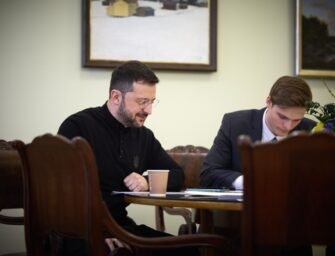
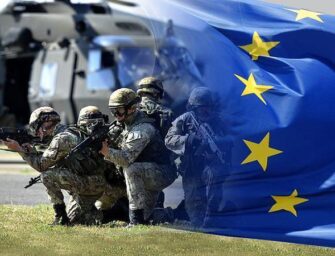






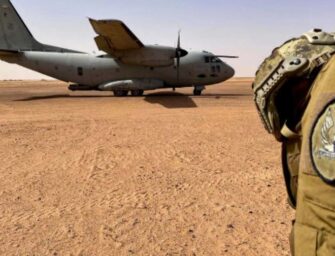

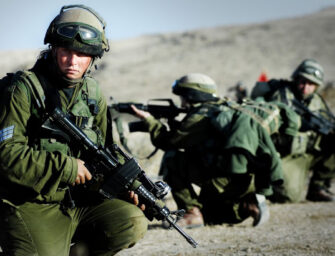

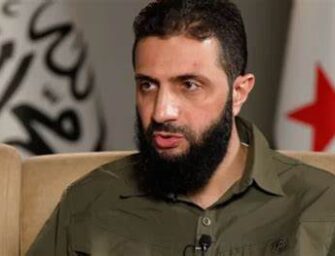
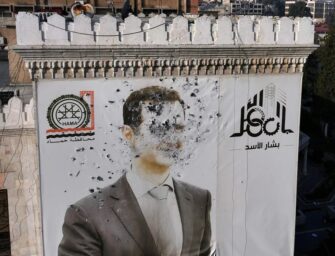




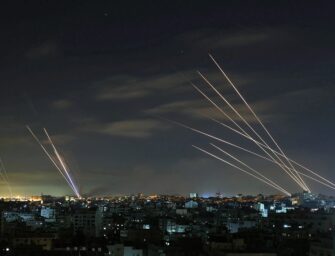
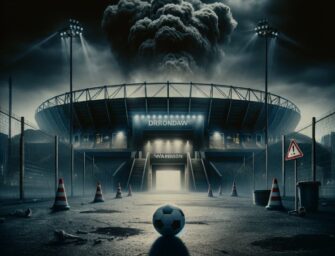
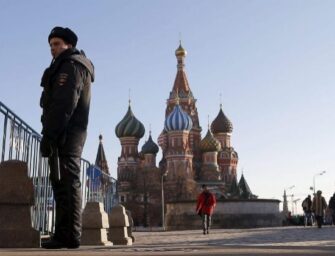
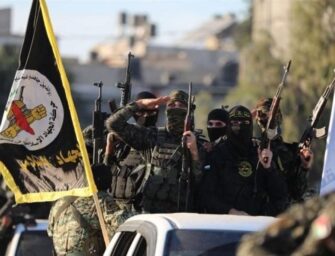
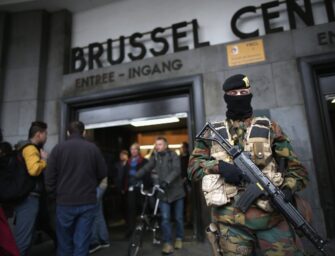
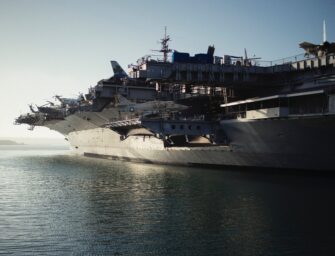


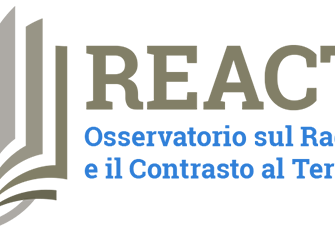
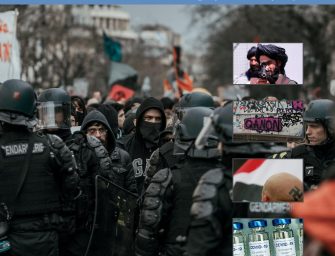
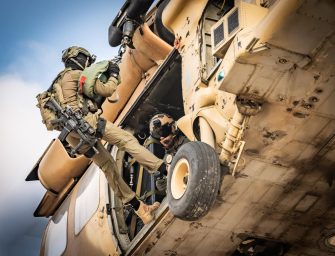
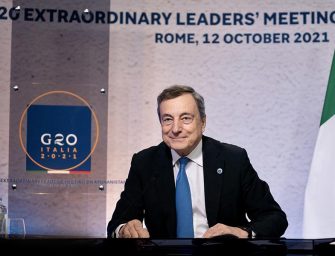



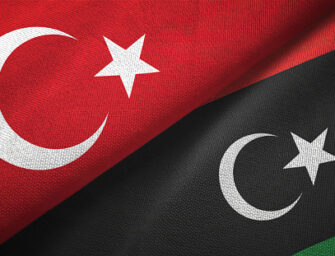
There are no comments
Add yours